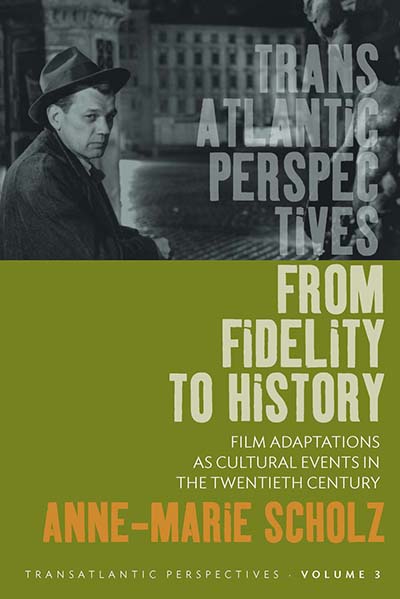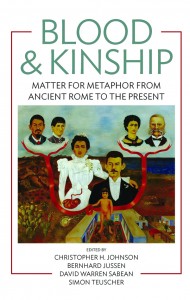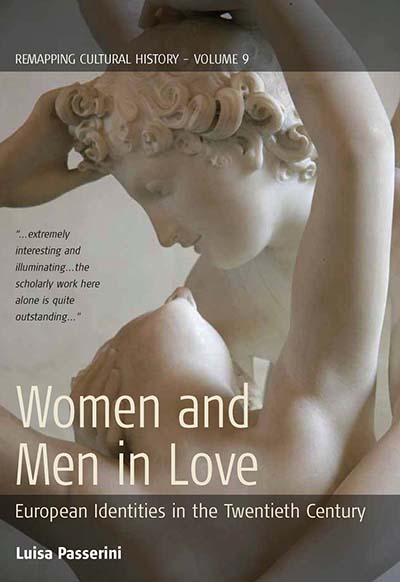Before there was cultural psychology, there was Völkerpsychologie. This social science was used as a way of looking at cultures and trying to make sense of them—an attempt often seen as stereotyping. But, in The Mind of the Nation: Völkerpsychologie in Germany, 1851-1955, to be released this month, author Egbert Klautke gives the often-overlooked social science due credit. He shares his thoughts about the volume and this particular form of psychology below.
______________________________________________________
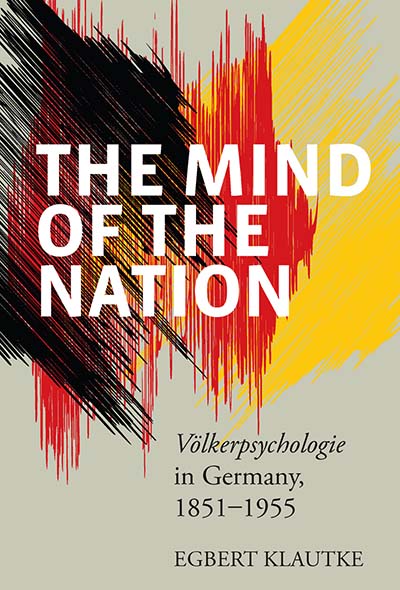
Berghahn Books: How would you define “Folk Psychology” and what drew you to the study of it?
Egbert Klautke: “Folk Psychology” is an awkward translation of the German term Völkerpsychologie. Originally, it referred to attempts to study the psychological make-up of nations, and as such is a forerunner of today’s social psychology. However, in today’s common understanding, Völkerpsychologie equals national prejudice: it is seen as a pseudo-science not worth considering seriously. Continue reading “The Rise and Fall of Völkerpsychologie”

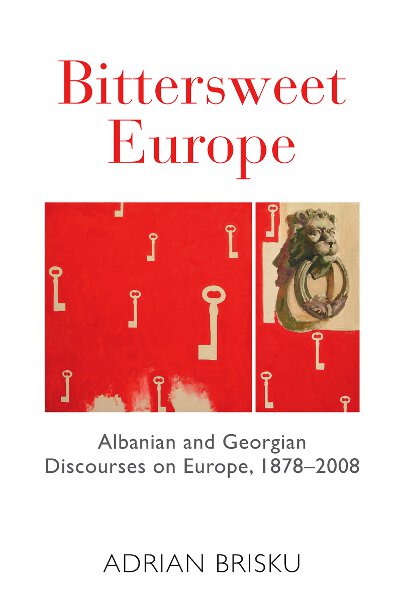
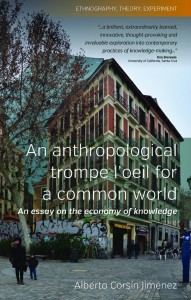 lists:
lists: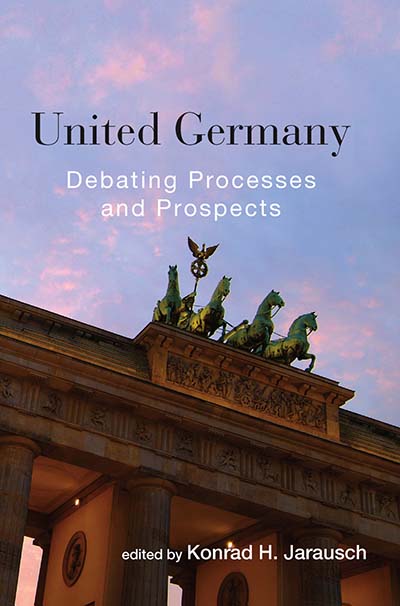
 Until now, research on the Second World War in Europe has focused on two main areas: on the one hand, the individual countries, and on the other, the two big “blocs”: the Allies and the Axis Powers. On the part of the Allies, historians made the point very early that states with different political systems and values managed to cooperate temporarily while still striving to achieve their respective goals. Awareness of this was heightened by the sudden shift from the partnerships in the Second World War, to the reality of the Cold War between previous allies the United States and the Soviet Union and the East/West division of the European continent by the Iron Curtain.
Until now, research on the Second World War in Europe has focused on two main areas: on the one hand, the individual countries, and on the other, the two big “blocs”: the Allies and the Axis Powers. On the part of the Allies, historians made the point very early that states with different political systems and values managed to cooperate temporarily while still striving to achieve their respective goals. Awareness of this was heightened by the sudden shift from the partnerships in the Second World War, to the reality of the Cold War between previous allies the United States and the Soviet Union and the East/West division of the European continent by the Iron Curtain.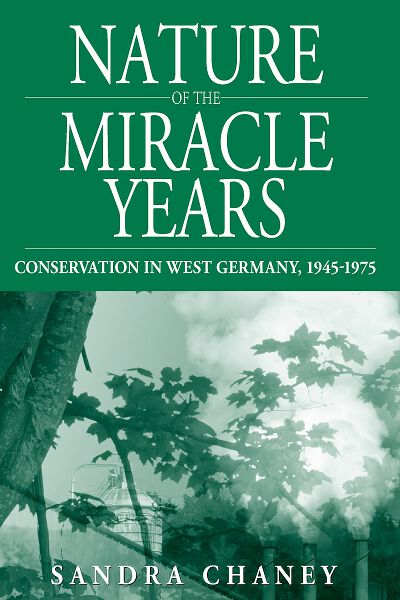 A rewarding part of this project involved writing three cases studies which focus on preserving a scenic gorge, landscaping a canalized river, and restoring “wild” nature to a managed forest. Taken together, these stories capture important shifts in West German efforts to restore varying degrees of naturalness in their intensively used landscapes. Research took me to the Black Forest, the Mosel Valley, and the Bavarian Forest, and to the homes and offices of dedicated conservationists. Whether perusing Black Forest Society records in the basement of a retired forester or reviewing hundreds of postcards protesting the Mosel Canal in the Foreign Office archives, I was struck by the daunting challenge conservationists faced in promoting sustainable uses of nature when more powerful groups favored exploiting it and when legal and administrative support systems for conservation remained weak.
A rewarding part of this project involved writing three cases studies which focus on preserving a scenic gorge, landscaping a canalized river, and restoring “wild” nature to a managed forest. Taken together, these stories capture important shifts in West German efforts to restore varying degrees of naturalness in their intensively used landscapes. Research took me to the Black Forest, the Mosel Valley, and the Bavarian Forest, and to the homes and offices of dedicated conservationists. Whether perusing Black Forest Society records in the basement of a retired forester or reviewing hundreds of postcards protesting the Mosel Canal in the Foreign Office archives, I was struck by the daunting challenge conservationists faced in promoting sustainable uses of nature when more powerful groups favored exploiting it and when legal and administrative support systems for conservation remained weak.